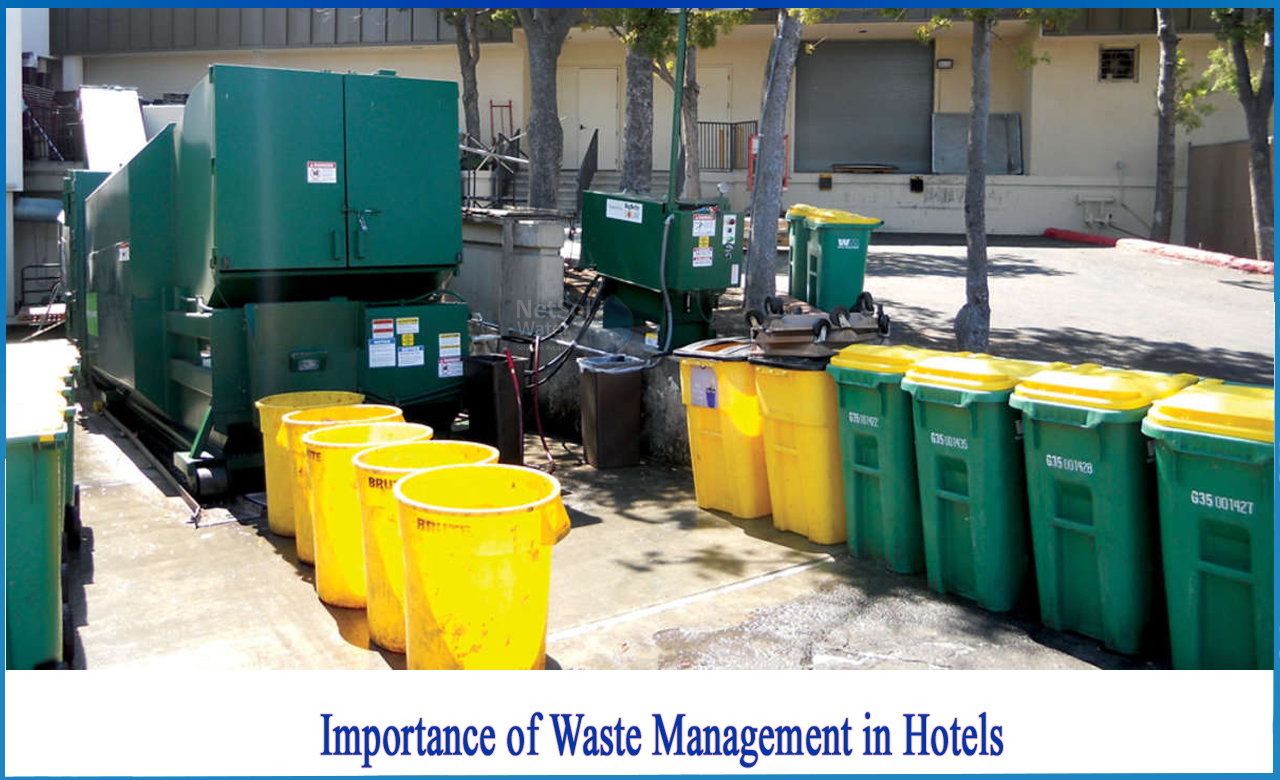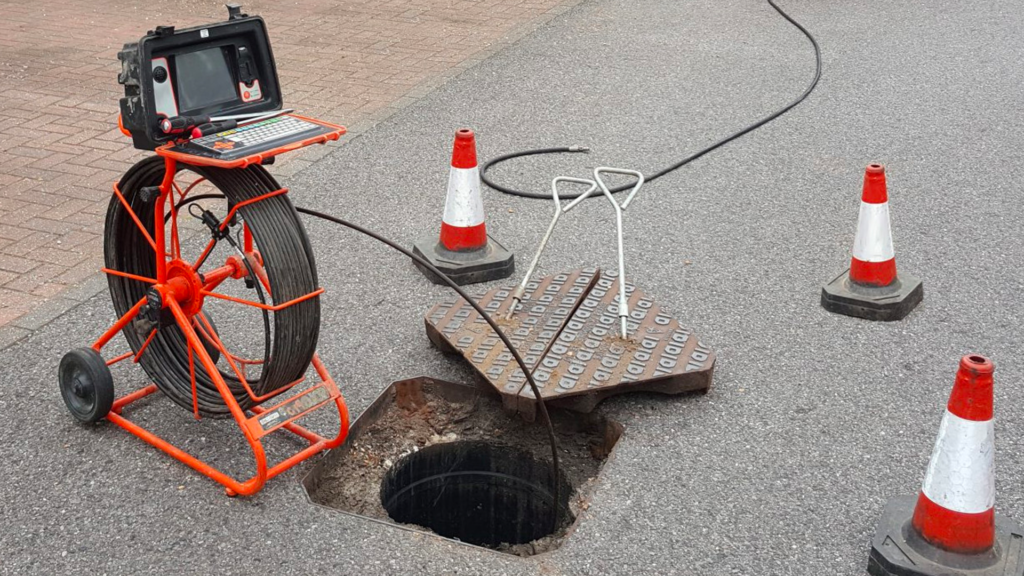The 45-Second Trick For Reclaim Waste
The 45-Second Trick For Reclaim Waste
Blog Article
Reclaim Waste Fundamentals Explained
Table of ContentsThe Ultimate Guide To Reclaim WasteA Biased View of Reclaim WasteThe smart Trick of Reclaim Waste That Nobody is Discussing4 Simple Techniques For Reclaim WasteThe 7-Second Trick For Reclaim Waste
Via appropriate liquid waste management, firms can decrease energy-intensive treatment procedures and disposal expenses. By complying with a system for taking care of liquid waste, companies can prevent expensive penalties and charges and avoid negative promotion.(https://anotepad.com/note/read/pkncyr85)Collect depictive samples from different points within the waste stream to make sure accuracy. Conduct routine testing to track any adjustments in the structure. Keep in-depth documents of characterization for future recommendation and conformity functions. Fluid waste, especially dangerous ones, presents significant dangers throughout this action. Appropriate treatments decrease spills, leaks, and various other crashes that could damage the workers and the public.

is required when the effluent will be reused or released right into municipal pools. Disinfection (e.g., chlorination, ultraviolet light, ozonation) and nutrient removal (e.g., denitrification and phosphorus removal) are suggested under rigid guidelines. This phase in the process is purely managed due to the fact that it is when most risks occur. Many firms went against numerous fluid garbage disposal regulations in recent times.
10 Easy Facts About Reclaim Waste Explained

Shallow basins have fluid waste that is allowed to vaporize through all-natural processes. This type of disposal is subject to rigorous environmental laws due to potentially unsafe exhausts.
The findings need to be recorded, examined, and stored not just for entry to regulative authorities however likewise for making renovations in the future. Share details with appropriate stakeholders (e.g., staff members, regulatory federal government agencies, and close-by neighborhoods) to preserve transparency and accountability.
Regardless of the firm dimension or sector, there are various challenges connected with this task. Recognizing these can help them properly manage their operations and minimize their ecological effect. makes it tough to treat and take care of fluid waste securely. Companies that can not purchase centers need to take into consideration collaborating with the public sector for better services.
Top Guidelines Of Reclaim Waste
By implementing thorough administration systems that consist of treatment and reusing methods, normal tracking, risk evaluations, and adherence to neighborhood and government policies, industrial facilities can add to the defense of groundwater materials, guaranteeing their accessibility for future generations (liquid waste disposal melbourne). Let's look into the value of effective liquid waste monitoring in the industrial field, focusing on its ramifications for guarding groundwater resources
The air pollution of groundwater resources because of inappropriate fluid waste management in the industrial field has far-reaching repercussions for human wellness, agriculture, and the atmosphere all at once. Several of the potential you can look here effects created by such air pollution include: Infected Drinking Water Products: As groundwater provides a significant part of our drinking water, contamination from commercial tasks can bring about hazardous chemicals and bacteria entering our water supply, positioning health and wellness dangers for human beings.
Lowered Agricultural Performance: Farming counts greatly on groundwater for watering; consequently, contaminated water can prevent plant returns, infect farming items, and impact food security. Provided the significance of preserving groundwater resources, it is essential for companies to take a proactive stance in managing their fluid waste sensibly and stopping contamination.
The 8-Second Trick For Reclaim Waste
Liquid waste can pollute land and contaminate waters. Information regarding taking care of and storing liquid waste, reacting to spills and lowering liquid waste is offered in the adhering to fact sheets and assistance:.
The duty of waste monitoring specialists in safeguarding this precious source can not be overemphasized. Contaminated water and infected effluent administration: Making sure that hazardous fluids are safely removed and treated before they can harm our water resources.
Thus, incorporating sustainable fluid waste administration into financial planning boosts economic security and shields the atmosphere, showing the value of this strategy. In final thought, adopting expert fluid waste management techniques is critical for making sure a sustainable future, shielding our atmosphere and safeguarding the wellness of future generations.
When it involves taking care of waste, adhering to proper treatments is important for a multitude of factors. Proper waste disposal is not practically sanitation; it's about making certain the well-being of our setting, health, and the effective use sources. Comprehending the relevance of efficient waste monitoring can help all of us add to a healthier, cleaner earth.
The 7-Minute Rule for Reclaim Waste
Effective waste management helps preserve clean streets and public areas, lowering the aesthetic influence of clutter and ensuring that waste does not harm wildlife. When waste is not thrown away appropriately, it can bring about contamination, where unsafe materials can seep into the soil, water supply, and the air, developing lasting ecological issues.
Report this page